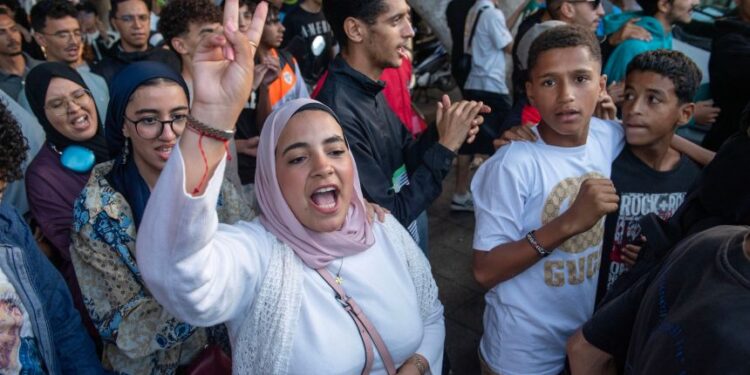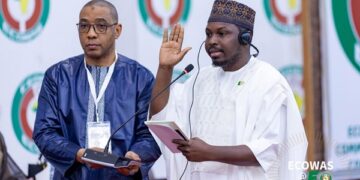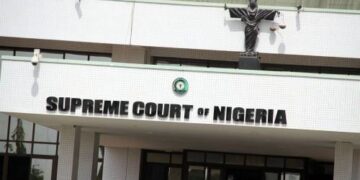RABAT, Oct 4 (The African Portal) – What has been happening in major cities across Morocco over the past few days has been a long time coming, the foregone culmination of the failure of successive governments, and this government in particular, to deliver on their promises and meet citizens’ most basic and legitimate demands.
Central in those demands is a fundamental aspiration for a dignified life, something that requires governments and local authorities to ensure the fair distribution of the country’s limited wealth among the different segments of society and the various cities and regions of Morocco.
Frankly, every time I come to Morocco I feel a great sense of pride at the progress the country has achieved in infrastructure in some Moroccan cities, and I underline the word some. At the same time, I also feel a deep sense of apprehension, mixed with anger and fear for the future, because the policies pursued by the state in recent years have been enough to push millions of Moroccans into feelings of resentment, anger, and the conviction that their lives do not matter much, that their struggles and their families’ hardships are not front and center in list of priorities of the country’s political class.
More than seven decades after Morocco’s independence, the Moroccan political “elite” still approaches the country and its issues with the same logic established by Marshal Lyautey when Morocco fell under French colonial rule: dividing Morocco into two regions: “useful Morocco” and “useless Morocco.”
This was not only a dangerous way of governing; it fundamentally set up many Moroccans to feel like failures, losers, and outsiders or foreigners in their own country. And every self-respecting observer of social dynamics, be they researchers, intellectuals, or genuine politicians or statesmen, knows that the natural, ultimate corollary of this way of governing is the creation of a deep-seated resentment bomb whose explosion in the public sphere is only a matter of time.
Perhaps even more alarming is that the public policies Morocco has pursued over the past decade have sent a clear message: the political elite has no intention of narrowing the gap between Moroccan cities, but rather of deepening it in ways never seen before.
The clearest evidence of this selective and exclusionary approach is the state’s overwhelming focus on infrastructure investment along the Rabat–Casablanca–Tangier axis, and, to a lesser extent, in the Marrakech and Agadir regions.
Credit: Morocco World News






